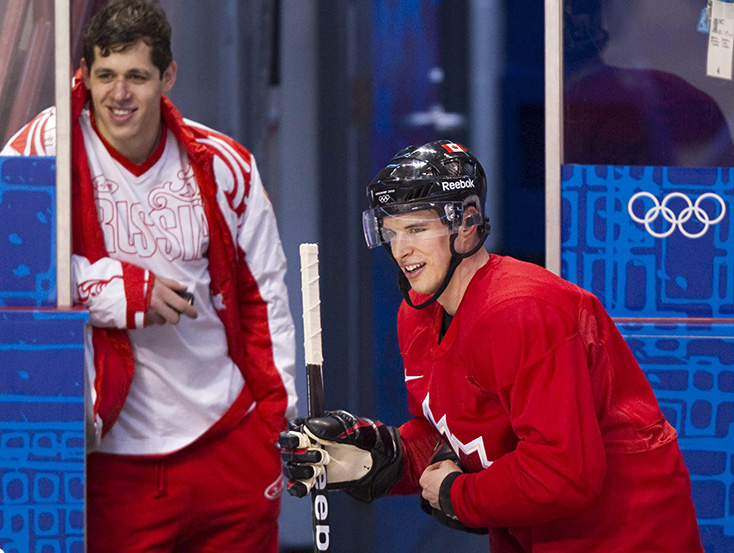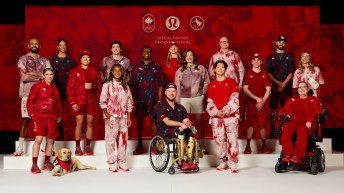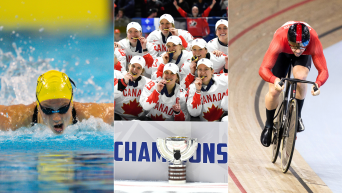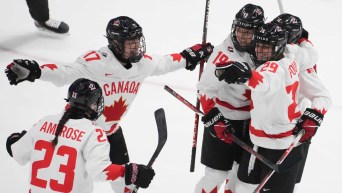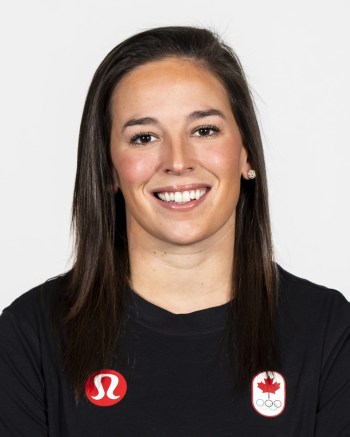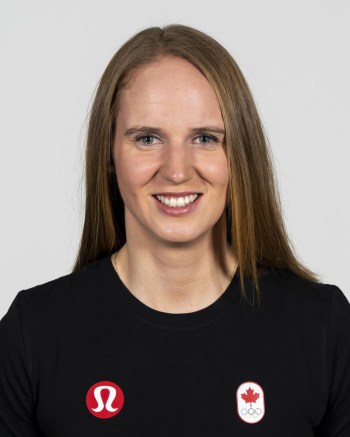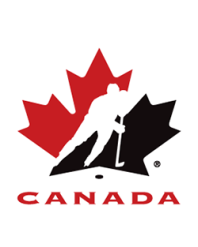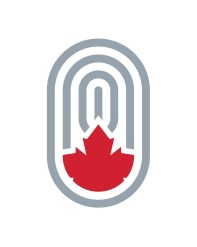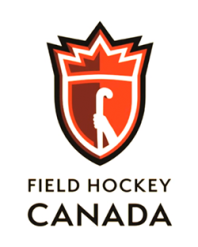Rivalries return for NHL teammates
It’s a familiar sight. An athlete — or group of athletes, depending on the sport — bowing his or her head as an Olympic official places a medal around the champion’s head.
A medal gives even an athlete who earns millions of dollars a season a sense of achievement that can’t be bought. And, when an NHLer returns from the Olympic Games with a gold medal, it becomes a dressing-room attraction. His teammates who played for other nations at the Games see it as the prize they couldn’t reach.
For the winner, it’s the ultimate show-and-tell item.
Playing together on a national team on an Olympic stage gives players a special bond, one that lasts for life.
I think back to 2002, shortly after Canada captured hockey gold with a win over the United States in Salt Lake City. Ryan Smyth was one of seven players on that year’s edition of the Oilers to get the chance to represent his country. The Oilers sent Smyth and Eric Brewer to Team Canada, goalie Jussi Markkanen and defender Janne Niinimaa to the Finnish team, defenceman Tom Poti to Team USA, winger Jochen Hecht to the German program and goalie Tommy Salo to the three crowns of Sweden.
After the Oilers wrapped a post-Olympic practice, Smyth showed off his gold medal in the dressing room. The media gathered around to get a closer look. I remember cradling the medal in the palm of my head, surprised at how heavy it was. I looked at the uneven edges, but I couldn’t think of anything else other than how darn perfect it was.
For those of us in the room on that day, it was one of those Canadiana moments that felt like the stuff of National Film Board vignettes.
And, in a season that saw the Oilers get nowhere near the Stanley Cup, the fact that two players won gold made us feel like … winners.
That’s the thing.
When Canada won gold in 2010, players from 14 NHL teams were named to the squad. Jonathan Toews, Brent Seabrook and Duncan Keith of the Blackhawks would go on to savour unique gold medal/ Stanley Cup-double wins that season. But, for fans of 13 other teams represented on the Canadian squad, the gold medal gave them something to take away from their season.
Pro hockey is cruel.
All things being equal, there is a one-in-30 chance that your team will win the Cup. But, by participating in the Olympic Games, NHL players give their fans another unique way in which to celebrate the game, and have better odds of enjoying positive results at the end of the tournament.
But, let’s travel back to that Oilers’ dressing room in 2002. And, while most of the people there enjoyed sharing the golden experience with Smyth, there were five Oilers who could only watch and wonder … what if.
That’s what the Olympic Games do: It carves battle lines into the NHL clubs.
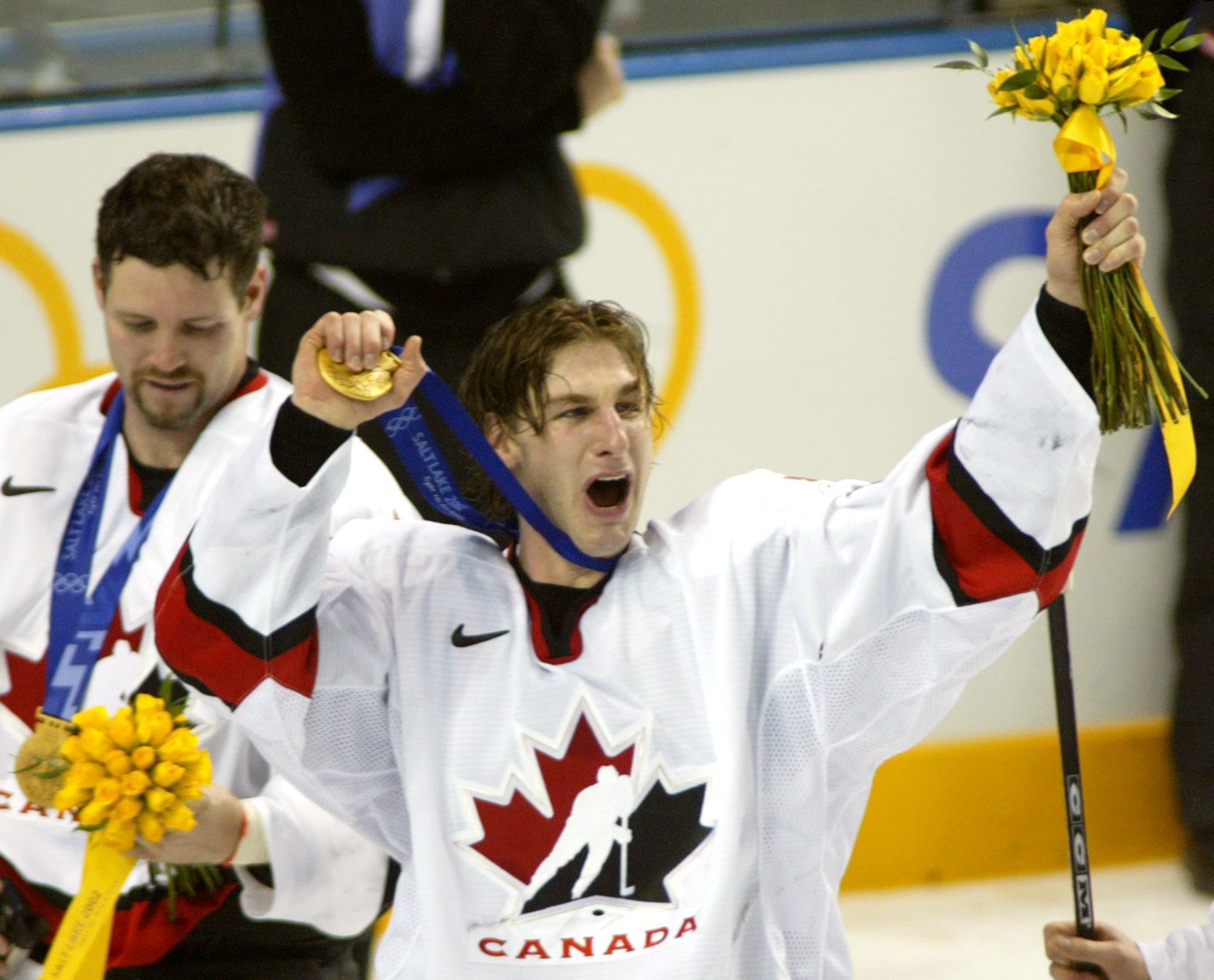
Ahead of the 2014 Games, we’ll wonder what Russian star Evgeni Malkin will say to Canada’s Sidney Crosby. ‘Good luck?’ ‘Welcome to Russia?’ Or will the two begin the good-natured trash talk that so often precludes an international event like the Olympic Games. We see Malkin and Crosby so often as Pittsburgh Penguins’ teammates — and the Sochi Games will give us the chance to see them line up against each other. Rick Nash gets to shoot on goalie Henrik Lundqvist at New York Rangers’ practices. We’ll wonder if he’s learned anything if Canada faces Sweden in Sochi.
But it’s not just about teammates becoming rivals. It’s about rivals becoming teammates.
Playing together on a national team on an Olympic stage gives players a special bond, one that lasts for life. When Canada won gold in 2002, Calgary Flame Jarome Iginla was one of the team’s stars. Iginla shared the podium with Smyth, who was Mr. Oiler at the time. The players who were the faces of their respective franchises — teams that, to this day, contest one of the most bitter rivalries in the NHL — could share their golden moments playing for Canada.
We get to see a Leaf and a Canadien playing on the same line. We see a Blackhawk and Red Wing fist-bumping after a goal.
For two weeks every four years, we change the allegiances, we change the very purpose of hockey.

